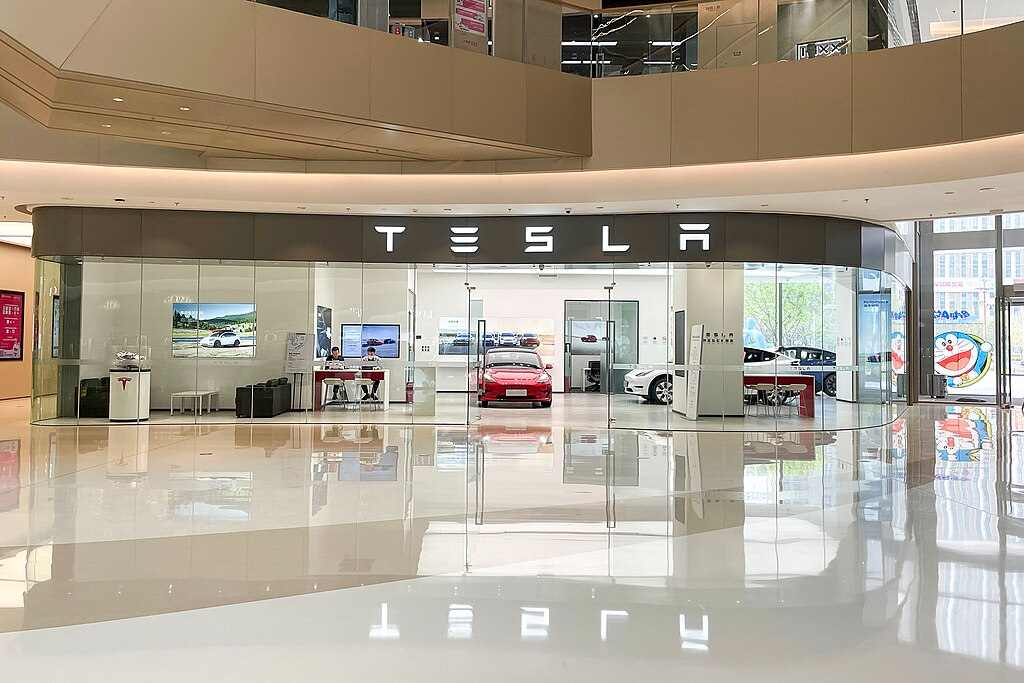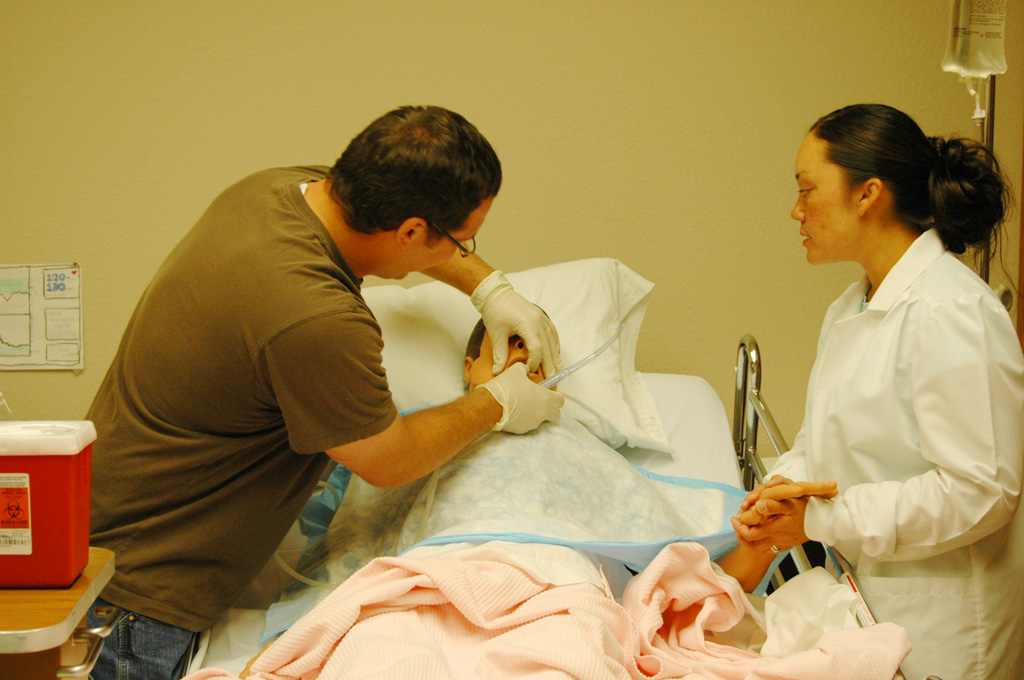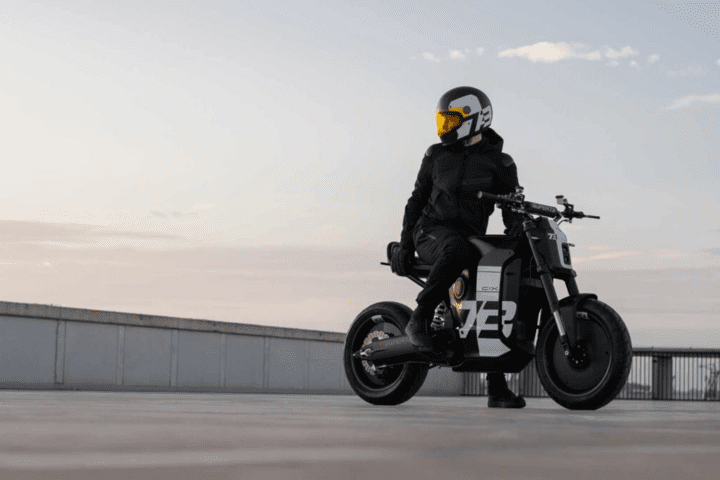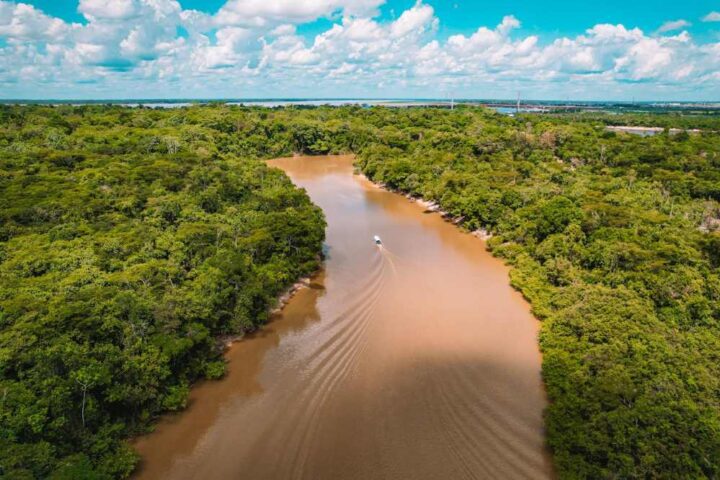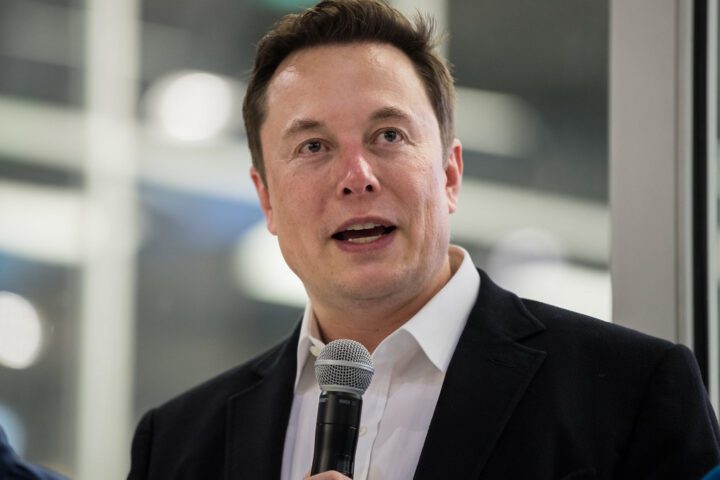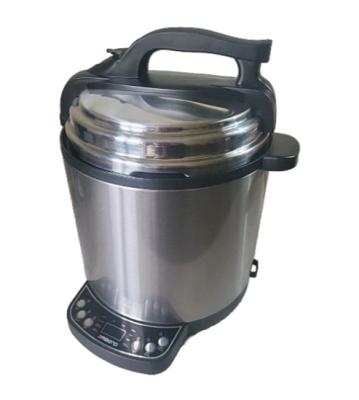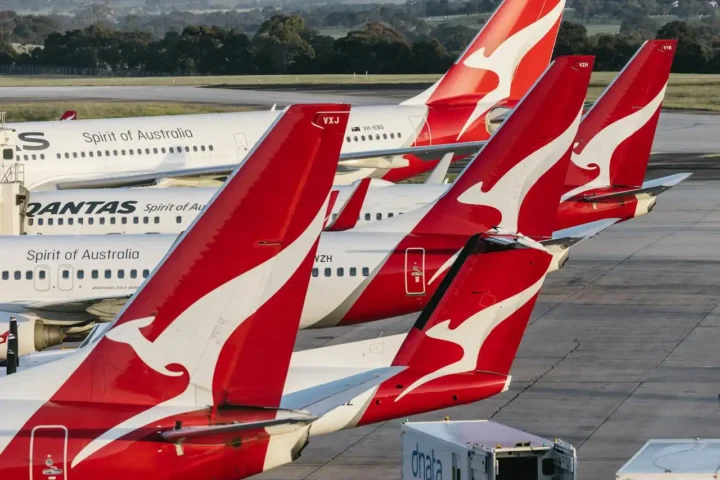A new lawsuit claims Tesla favors foreign workers over Americans to cut costs. Filed in a San Francisco federal court last Friday, the lawsuit accuses Elon Musk’s electric vehicle company of systematically hiring H-1B visa holders instead of US citizens to save money on wages.
The proposed class-action lawsuit was brought by software engineer Scott Taub and human resources specialist Sofia Brander, who claim Tesla refused to hire them after learning they were US citizens who didn’t need visa sponsorship.
Taub claims he was discouraged from applying for one position after being told it was “H-1B only,” and wasn’t invited to interview for a second job. Brander, who previously worked at Tesla as a contractor, says the company refused to interview her for two positions despite her prior experience with the company.
“While visa workers make up just a fraction of the United States labor market, Tesla prefers these candidates over US citizens, as it can pay visa-dependent employees less than Americans performing the same work,” the complaint states. The lawsuit describes this practice as “wage theft.”
According to the complaint, Tesla’s hiring patterns show a clear preference for visa holders. In 2024 alone, the company reportedly hired about 1,355 workers on H-1B visas while laying off more than 6,000 US employees, most of whom are believed to be American citizens.
The lawsuit also points to a December 27, 2024 social media post from Musk, where he acknowledged his own connection to the visa program: “The reason I’m in America along with so many critical people who built SpaceX, Tesla and hundreds of other companies that made America strong is because of H1B,” Musk wrote.
Similar Posts
H-1B visas allow US companies to employ foreign workers in specialty occupations that require specific technical expertise. Companies must file paperwork certifying they will pay visa holders at least the prevailing wage for their position and location.
The core of the lawsuit argues that Tesla’s practices violate federal civil rights laws by discriminating against US citizens. The filing does not specify exactly how the plaintiffs plan to prove Tesla’s alleged systematic discrimination in hiring and firing decisions.
The lawsuit seeks compensation for all US citizens who applied for Tesla jobs in the United States but weren’t hired, as well as those who worked for Tesla and were later fired. If certified as a class action, it could potentially affect thousands of job applicants and former employees.
The case, officially filed as “Taub et al v Tesla Inc” in the US District Court, Northern District of California (No. 25-07785), is still in its early stages. At the time of the initial reporting, Tesla had not responded to requests for comment about the allegations.
The lawsuit highlights ongoing tensions about the use of H-1B visas in the tech industry, where companies often claim they need foreign workers to fill skills gaps, while critics argue the program can be misused to replace American workers with lower-paid foreign employees.
